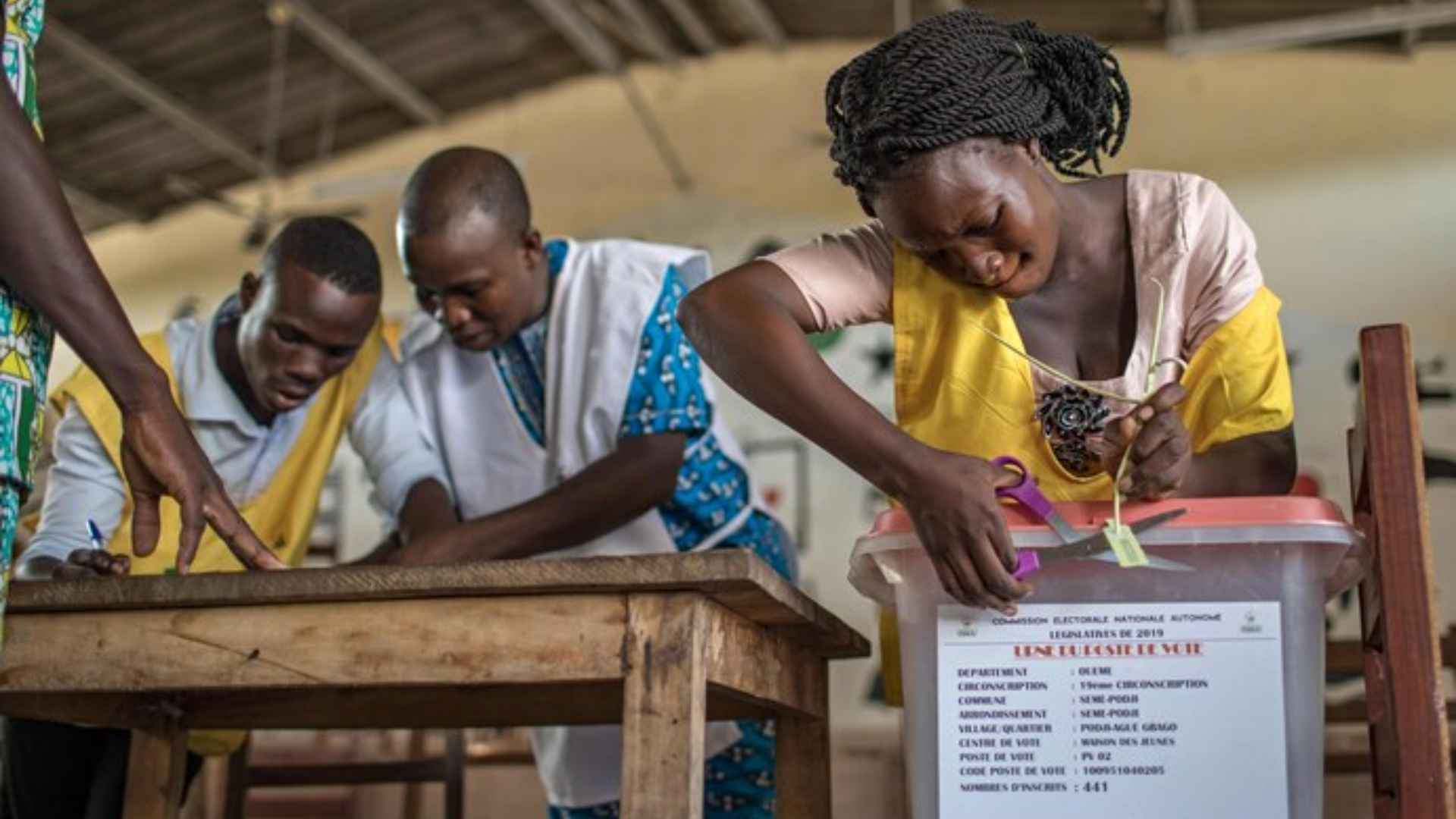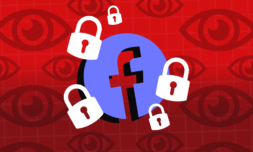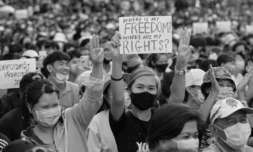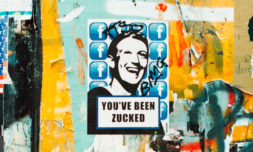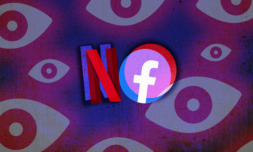Zambia officials threatened to suspend all broadband services on the day of its election to combat misinformation. In the end, its Ministry of Information froze traffic on WhatsApp, Twitter, Instagram, and Facebook.
In the fight to stem the spread political misinformation during its presidential election, has Zambia compromised a sense of genuine democracy?
When it comes to political advertising, social media sites frankly don’t know whether to stick or twist.
Throughout large parts of 2020, and particularly in the lead up the US elections in November, several social media companies were exposed for facilitating the spread of misleading content.
In one instance, Facebook promoted political ads featuring former president Trump and a slew of unfounded claims that votes had not being counted.
Ahead of its own presidential election – for which polling closed at 12pm on August 12 – Zambia’s Ministry of Information took the bold decision to kill outside influences stone dead by cutting the nation off social media altogether.
Analysts have predicted a ‘very tight’ election between President Edgar Lungu and businessman Hakainde Hichilema, and Zambia has moved to kill any last minute scheming online.
⚠️ Confirmed: WhatsApp messaging app restricted in #Zambia on election day; real-time network data show loss of service on multiple internet providers as polls get under way, corroborating widespread user reports; incident ongoing #ZambiaDecides2021
📰 https://t.co/HZOMpYXdSX pic.twitter.com/9b2GZ87UHO
— NetBlocks (@netblocks) August 12, 2021
Zambia’s social media blackout
According to digital rights organisation Access Now and internet monitor NetBlocks, a nationwide blackout axed both state-owned internet providers and other private networks for 24 hours.
There had been rumblings in the build up to election day that Zambian Broadcast Services planned to shut off internet services entirely. Predictably, that suggestion went down like a lead balloon.
Amid record turnouts from voters, NetBlocks confirmed a stagnancy in real time internet traffic on WhatsApp, Twitter, Instagram, and Facebook which suggested Zambia instead targeted social media.
A small minority managed to slip past government censorship using VPNs, but for the most part people were left without the means to communicate online or share content related to the election.
The obvious drawback of this decision is that updates on polling locations and wait times, as well as safety and security measures, failed to reach citizens.
Considering the instances of extreme violence which have occurred in the build up to the vote, some have deemed the decision to be negligent as well as anti-democratic.









